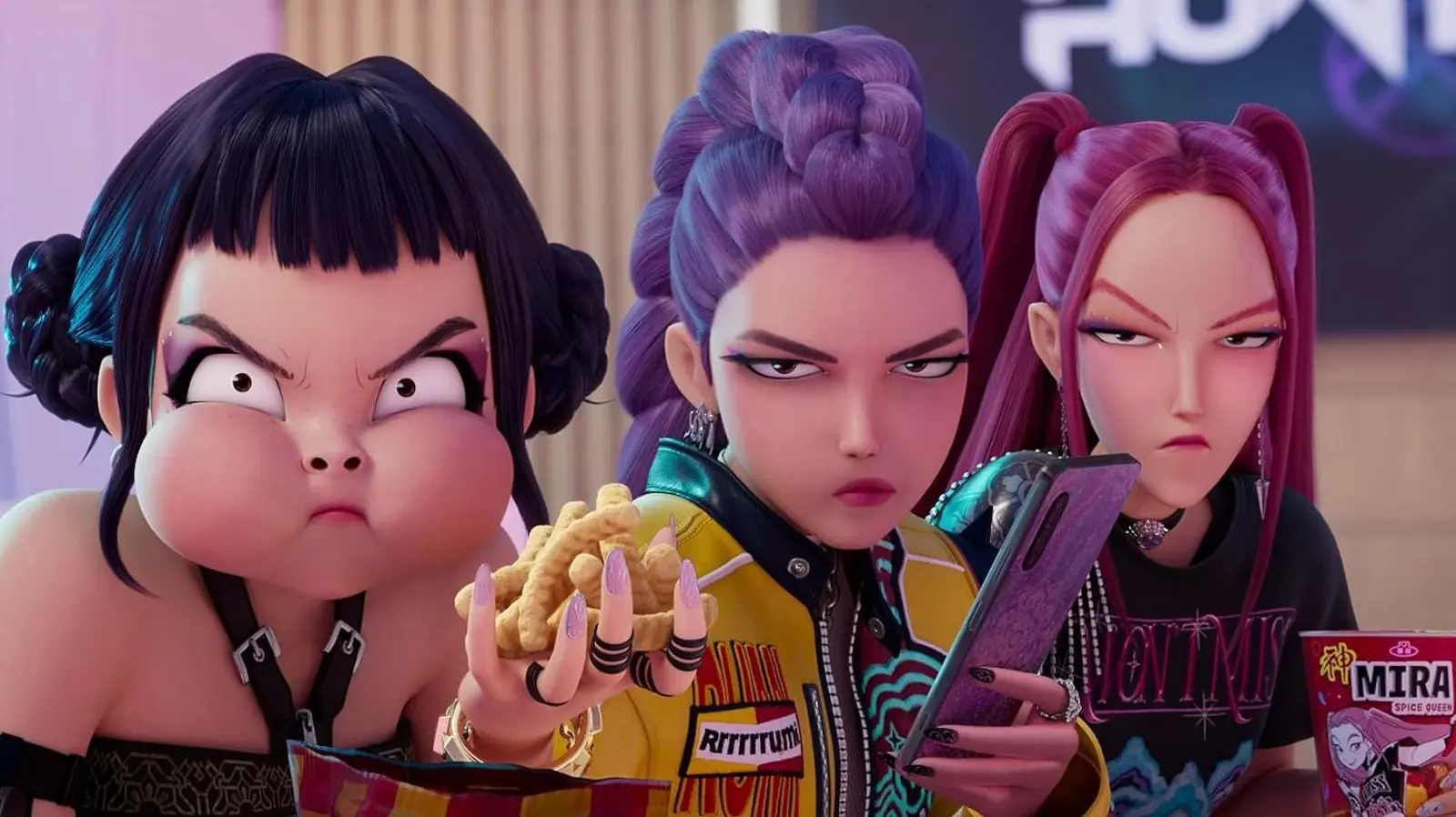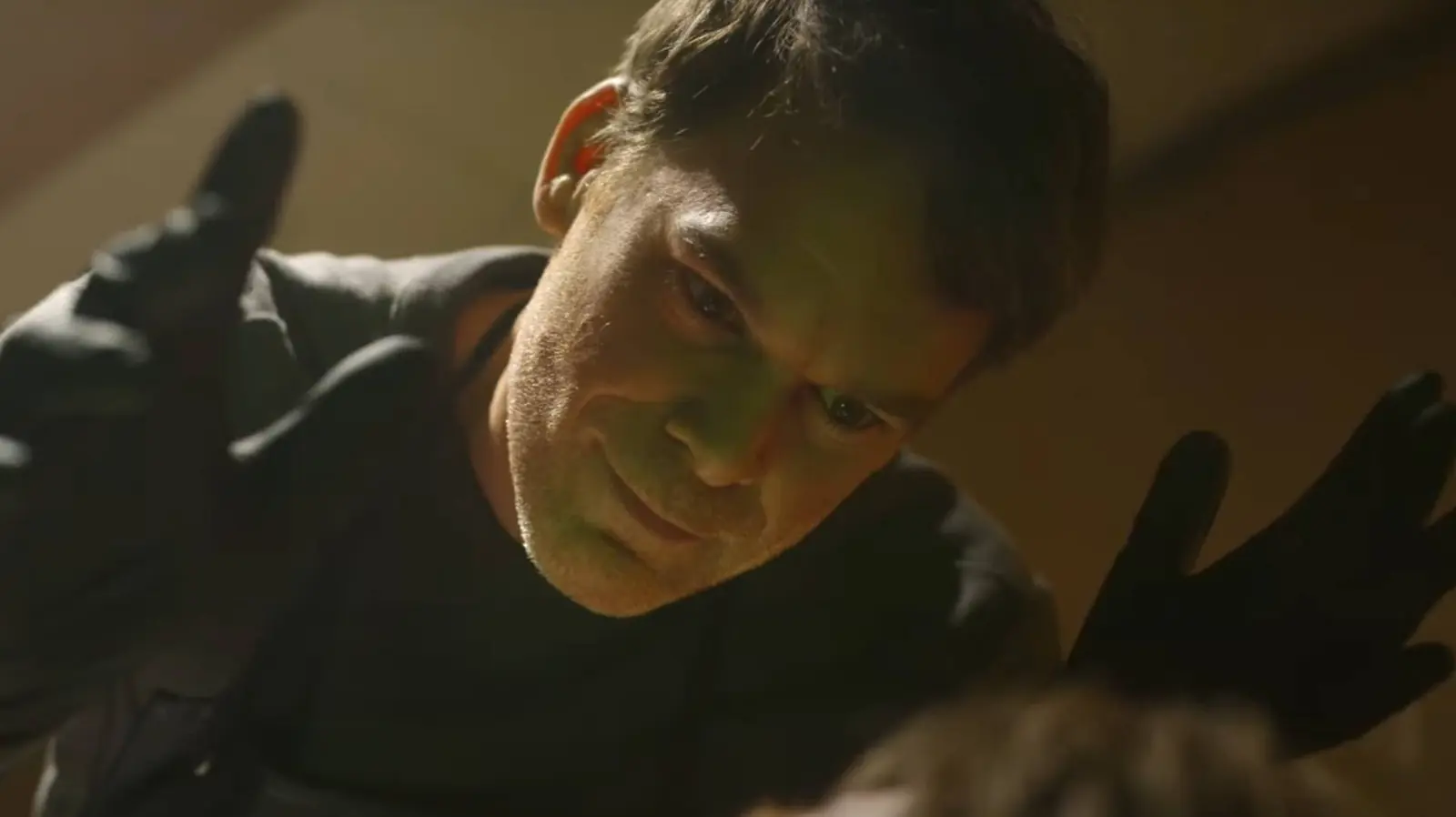Netflix’s venture into the realm of K-pop, through its animated film “KPop Demon Hunters” and the accompanying original K-pop tracks, is not only a testament to their commitment to diverse content but also a remarkable indicator of South Korea’s ever-growing cultural influence. The surprising success of these fictitious bands on streaming platforms underscores the global reach and potent appeal of K-pop, marking a big win both for Netflix and the wider K-pop industry.
The animated film “KPop Demon Hunters” has captivated audiences worldwide, following the journey of fictional K-pop idols who moonlight as demon hunters. The concept blends the electrifying world of K-pop with thrilling action, creating a unique viewing experience that has attracted a multitude of fans. However, it’s not just the storyline that’s turning heads. The original songs produced for the film have rapidly climbed up streaming charts, going toe-to-toe with real-world K-pop sensations.
This phenomenon where fictional groups are setting streaming records might seem like a simple entertainment venture at first glance. However, it is indicative of a broader trend where the line between reality and fiction in the music industry is increasingly blurring. It speaks to the innovative potential of digital platforms and how entertainment media can shape and redefine traditional conceptions of music and fandom.
The current cultural wave from South Korea, often referred to as the Korean Wave or “Hallyu,” has been building steadily over the past two decades, transcending traditional cultural confines and entering mainstream global entertainment. K-pop, with its polished performances, catchy tunes, and artist-to-fan interactions, is the leading edge of this movement, drawing legions of devoted fans around the world. Netflix’s strategic engagement with this trend is astute; by blending elements of animated storytelling with K-pop’s dynamic presence, it not only attracts existing fans but also introduces the genre to a broader audience.
In creating “KPop Demon Hunters,” Netflix tapped into a deep well of cultural intrigue. The music, crafted to fit seamlessly into the wider K-pop ecosystem, benefits from high production values, talented vocalists, and engrossing choreography. The fact that fans are willing to embrace and stream music from fictional bands suggests a readiness to explore K-pop in all its forms—even beyond traditional artist-based consumption. This embrace of fictional bands indicates a shift in how audiences are interacting with music, leaning more heavily on narrative and virtual personas as a part of their entertainment experience.
The success of these songs points to several key factors fueling the dominance of K-pop. For one, the music itself is a concoction of various popular musical styles, from pop and hip-hop to R&B and electronic dance music, which widens its appeal. The language barrier, often seen as a potential issue, becomes negligible as fans worldwide increasingly learn Korean lyrics or absorb the music’s emotive power regardless.
Moreover, the sophisticated use of social media and digital platforms by K-pop entities amplifies their global presence. Fans, known collectively as “K-pop stans,” utilize streaming, social media challenges, and online forums to amplify the reach of their favorite artists. This has translated equally well for Netflix’s fictional groups within the “KPop Demon Hunters” universe. Fans are organizing watch parties, creating fan art, and engaging in discussions to express and deepen their connection with the content.
Following the overwhelming success of the animated film and its soundtrack, Netflix has found itself on a promising path ripe with opportunities. The boundaries are ready to be pushed further; perhaps with live-action adaptations, more sophisticated narratives, or even collaborations with existing K-pop stars, possibilities seem limitless. Netflix might even deploy these fictional bands to further influence not just entertainment content but also merchandise, concerts, and beyond.
As Netflix’s innovative take on K-pop storytelling continues to gain traction, it also sets an example for other content creators. The success showcases the power and potential of creative storytelling married with global musical trends. It challenges creators around the globe to rethink how they tap into cultural phenomena, particularly those as fiercely passionate as K-pop. Given the current trajectory, it is not far-fetched to expect a surge in similar undertakings by other media platforms.
The fusion of animation, music, and storytelling within “KPop Demon Hunters” not only demonstrates Netflix’s flexibility and inventiveness but also represents another chapter in the globalization of South Korea’s cultural imprint. While the boundaries between music industries, animation, and digital storytelling continue to dissolve, one thing is certain—K-pop’s captivating allure shows no signs of waning. Netflix, along with the global audience, seems excited to ride this wave into uncharted creative territories.






